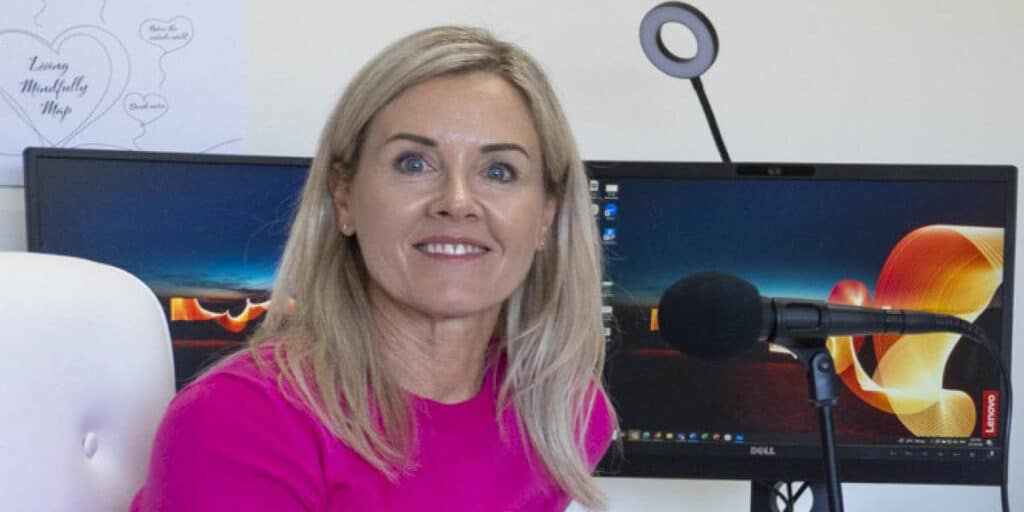
In IMPACT Community Services’ latest Stronger Together podcast, host Tanya O’Shea explores the issue of school avoidance and mental wellbeing among young people in the Bundaberg Region.
Joined by experienced guidance officer Vicky Ross, episode nine, ‘Brighter minds & enhancing mental wellbeing in the classroom’ delves into the magnitude of this problem in the region, shedding light on the collaborative efforts required to support the wellbeing of young people.
She said youth mental health was a critical concern across the nation, with conditions such as anxiety, depression, and ADHD on the rise, alongside increased rates of school refusal.
Mrs Ross stressed the importance of early identification, noting that 75% of mental health illnesses manifest before the age of 25.
“What we are looking at is those early signs and trying to pick those early signs and trying to connect children and their families with those supports that they might need to help make a difference in their lifelong journey,” she said.
Equally as alarming are the rates of non-attendance and numbers associated with ‘school refusal’.
“People are telling us we have an increasing percentage of school refusers,” Mrs O’Shea said.
“These are young people with incredible potential that they might be doing really well at school. They’re just refusing to go. And that could be for a number of reasons.”
The pair believe school refusal or avoidance was a challenging situation for parents and children alike, and it had become more prominent since the COVID-19 pandemic.
It refers to situations where a child consistently avoids attending school due to reasons such as mental health issues or learning difficulties.
Read more about the Stronger Together podcast launched by IMPACT here.
IMPACT Community Services’ Brighter minds & enhancing mental wellbeing in the classroom podcast can be found here.
Other news:




